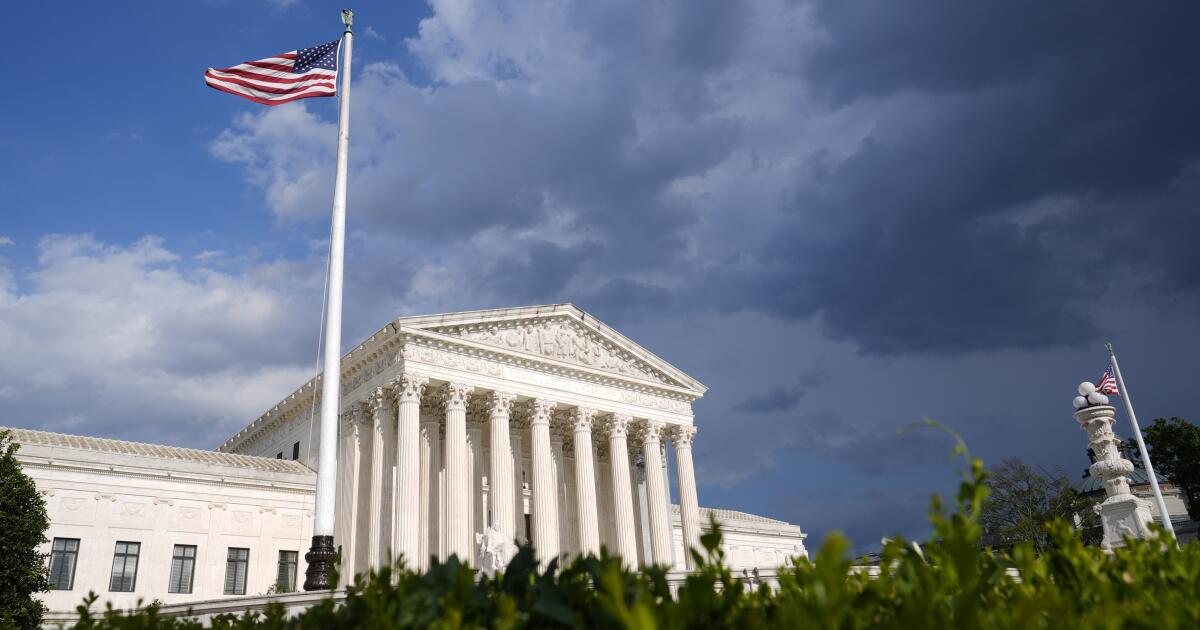The Republican National Committee is urging the Supreme Court to intervene in an Arizona election dispute this week and block up to 40,000 of the state’s registered voters from casting ballots in the presidential race.
Republican state lawmakers say these voters did not provide proof of their citizenship when they were registered and now they should be barred from from voting in person or by mail.
…
Danielle Lang, a voting rights attorney for the Campaign Legal Center who worked on the case, said she found that argument to be surprising.
“They are trying to upend the law as it has been in Arizona at least since 2018,” she said. “The voters who registered using the federal form were not asked to provide proof of citizenship.”
She said the Republican lawmakers and their attorneys who brought the case “didn’t cite a single example of a noncitizen who was enrolled. Not one. Why would someone who is not a citizen try to register? It’s a felony and would get you deported, just to cast one ballot.”



It also means you can’t pick a more progressive candidate in the Democrat primary which pushes the country right.
That’s understood. But, i get to vote in the REPUBLICAN primary, and i assure you, my vote doesn’t go to the standard R candidate.
Thanks a lot for Trump you jerk.
Edit: guess everyone forgot that in 2016 Trump was the non-typical Republican candidate that the left thought was going to fail in the general election.
Reading comprehension isn’t your strong suit, is it? Go back, reread what i wrote. Slow down, and sound out all the words.
What non-standard Republican candidate did you pick over Trump in the primaries?
I don’t remember her name because it’s a spoiler vote, but she was from Austin Texas. It wasn’t Santorum or Trump or Cruz or Carson or Rubio…
You realize that they vote democrat in the actual election, right?
I said primaries…
Oh yeah that was it. Wasn’t Trump at all. /s
Can’t USians register to vote in the primaries of both parties?
That’s not true of Texas, you can register for one or the other, but not both.
Rules vary by state, but generally you can only vote in one or the other.
Almost never? The most common is you can only vote in the primary you are registered in, and you can only be registered for one at a time. The next option is be unaffiliated and be allowed to pick which one to vote in. I’m personally not aware of states where someone can vote in both at the same time.